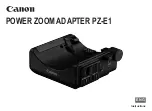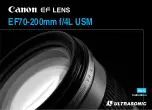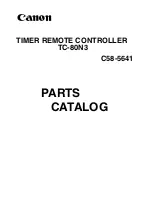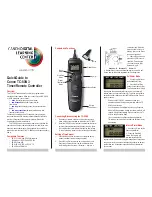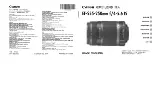
– 15 –
INTERMIXING
When Innershield (FCAW-S) weld deposits are intermixed with
weld deposits from other welding processes, a decrease in weld
metal Charpy V-notch (CVN) toughness properties may occur. For
applications requiring CVN properties, intermix testing with the
specific electrodes is recommended to ensure the intermixed weld
metal meets the required CVN requirements.
TACK WELDING
The following electrodes are recommended for tack welding prior
to Innershield welding:
• All Innershield (FCAW-S) wires
• SMAW: Fleetweld 35LS, Jetweld LH70, Jetweld 2,
Excalibur 7018
• GMAW solid electrodes
AGING:
The AWS filler metal specification for these products (A5.20 &
A5.29) permit aging of test specimens. When conducting welding
procedure or operator qualification tests, it is recommended that
aging be applied, whenever permitted by the appropriate code.
For example, when qualifying procedures to AWS D1.1 Structural
Welding Code, see Paragraph 5.10.4.
Preheat and interpass temperature control are recommended for
optimum mechanical properties, crack resistance and hardness
control. This is particularly important on multiple pass welds and
heavier plate. Job conditions, prevailing codes, high restraint, alloy
level and other considerations may also require preheat and
interpass temperature control.
ARC GOUGING
When Arc Gouging
Innershield welds, black smudges or spots may
appear on the surface of the groove. The condition is aggravated
when the carbon is allowed to touch the surface. This black residue
does not indicate the presence of porosity or poor weld quality. It
can be easily removed by wire brushing or light grinding.
PRODUCT LIMITATIONS































